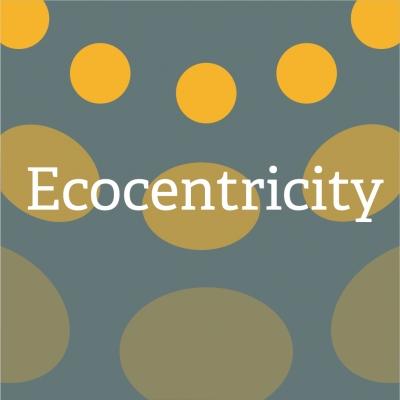Ecocentricity Blog: Let’s Get Alliterative
By: John A. Lanier

Ecocentricity Blog: Let's Get Alliterative
Brace yourself mi amigos. This blog post’s opening, the hors d’oeuvre of the post if you will, is going to be about language. Mi scusi - I know this will be boring. But openings are hard to come by, ergo I present to you a story about learning Latin in high school.
I studied Latin from eighth through twelfth grade. If I hadn’t already made it clear that I was (and am) a nerd, now you have confirmation. I loved it. I just got the language, and I think it kinda got me too. It was quite the linguistic relationship.
As I progressed year-to-year, my study of Latin’s intricacies reached deeper levels. I began to read Virgil, Seneca the Younger, and Catullus, all famous Roman poets. Though I remember basically none of it today, I relished the fact that I was reading 2000-year-old words in their original composition.
Our teacher would assign our class various portions of text, and we would have to translate them line by line. More difficult, we would also have to identify poetic devices used by authors that would have been intuitively recognized and appreciated by their contemporary readers. One such technique, frequently utilized by a variety of Roman poets, was alliteration.
If you aren’t familiar with the term, alliteration refers to the same letter or sound occurring at the beginning of adjacent words. Exhibit A – Peter Piper picked a peck of pickled peppers. Apparently Romans would have loved that tried-and-true tongue-twister (hehe).
Ever since my Latin studies attuned me to appreciate alliterative applications (hehe again), I’ve enjoyed stumbling across other examples in the English language. As a result, it should come as no surprise that I found particular delight in the Georgia Climate Project’s three strategic priorities – Science, Solutions, and Stronger Conversations.
For the past few years, under the leadership of Daniel Rochberg at Emory University and in partnership with Georgia Tech, the University of Georgia, and several other universities, the Georgia Climate Project (GCP) has been laying the groundwork for climate action here in my state. Its goal is simple – to provide a network of research partners focused on the impacts and opportunities that global warming will present in Georgia.
By being rooted in the higher education community, the GCP is able to maintain a critical non-partisan stance on climate change. Though the issue has become politicized, our changing climate is primarily a scientific concern with economic and social implications. We can and should develop sound climate policy for Georgia based on these factors, without letting partisanship muddy the waters. The GCP is playing a leading role in that work.
I’m proud to say that the Ray C. Anderson Foundation recently announced a commitment to the GCP. Ray asked us to brighten the corner where we are, and we are here in Georgia. With its focus on science, solutions, and strengthening conversations on climate, the GCP is a hopeful beam of light on the most significant challenge facing our state in the decades to come.
This blog is also available via email subscription.
Click here to subscribe and to receive Ecocentricity automatically every Wednesday morning via email.

